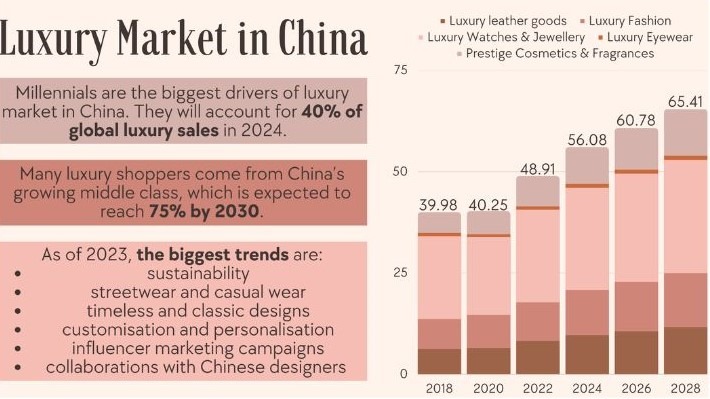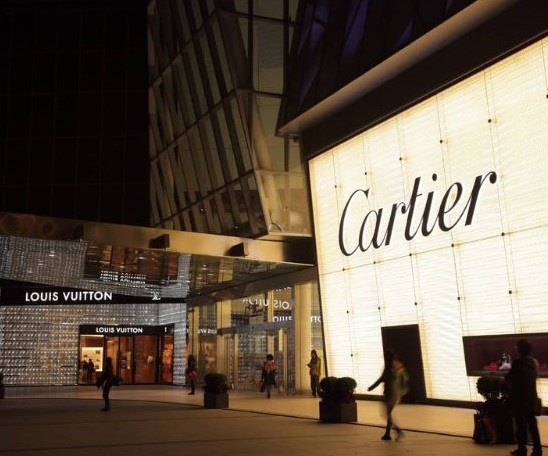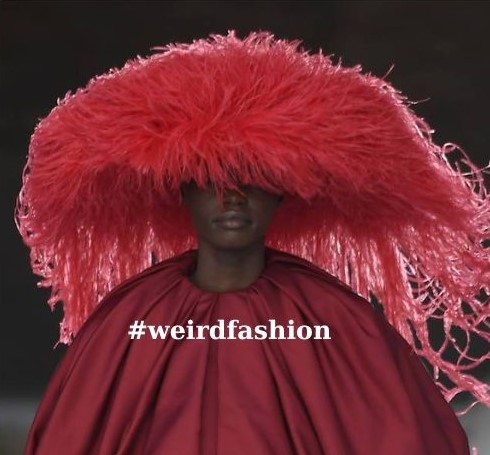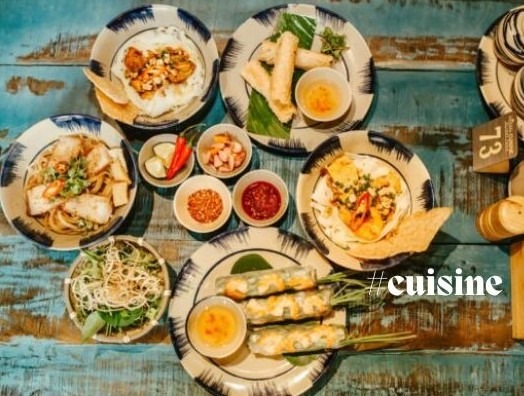1. Enormous Consumption of Luxury Brands by Asians
In 2023, the spending on luxury brands by Asians increased by 8% to 10% compared to 2022. The revenue of luxury brands reached an astonishing 1.5 trillion euros. Notably, within this substantial revenue of luxury brands, the highest percentage of consumers spending the most are the Chinese, accounting for 40%. This figure even surpasses the consumption of luxury brands by European residents.

China is one of the biggest markets comsumpting for a luxury brands - Source: Fashion China Agency
In 2022 as well, China continued to lead the luxury goods consumption market, emerging as one of the world's largest markets for extravagant shopping. So, what explanation can be offered for the significant consumer behavior of the Chinese towards luxury items in recent years?
2. Luxury Brands Choose China as a Lucrative Market
To explain the reason why luxury brands consistently invest heavily in fashion shows and brand ambassadors in the Asian and global markets, with a noticeable focus on Chinese individuals, let's delve into the purchasing behavior of Chinese consumers regarding luxury items. We can analyze this behavior in terms of financial capacity, passion, and personality. As the luxury goods market from many European brands continues to penetrate the Chinese market with substantial figures, examining the financial, passionate, and personality-driven aspects of Chinese consumers sheds light on this trend.
2.1. Attractive Income Levels for Chinese Consumers and Luxury Brands
China currently stands as one of the leading countries in terms of economic sectors and various service industries. Statistics for the year 2023 reveal that the average monthly income for Chinese individuals exceeds 4,000 USD. This figure does not account for additional sectors related to income such as bonuses and incentives, yet a monthly income of over 4,000 USD for Chinese citizens is considered high, ranking second only to the United States with an average monthly income of over 5,000 USD.
Certainly, with such high income levels, there is an accompanying increase in the purchasing power and spending of Chinese consumers. With a population of over 1 billion people in China and such high income levels, the country becomes a lucrative market for luxury brands.

The more and more luxury brands store in China - Source: Internet
2.2. Luxury Brands - Where Chinese Consumers Spare No Expense
Stopping at high income levels alone does not sufficiently explain why China is such a robust market for luxury goods. The common psyche among Asians, and particularly the Chinese, revolves around the desire for recognition from those around them and a constant concern for the opinions of others. Asians in general, and the Chinese in particular, highly value recognition and admiration for what they possess, as reflected in the perceived value emanating from their clothing and accessories. They are willing to spend generously and sparingly worry about the cost when valuable items are displayed on their person, creating an elegant and sophisticated appearance. Naturally, this earns them various flattering nicknames whenever their names are mentioned. Understanding this mindset and desire, luxury brands have not hesitated to select the Chinese market as a terrain richly covered by their brand influence.

A young people in China is not afraid of buying product of a luxury brands cause' his or her idol ambassador - Source: Internet
2.3. Pursuing Personal Values
In general, it can be observed that a significant number of young individuals in China and Korea aspire to emulate the unique charisma of their idols. Consequently, for the Chinese, they are not hesitant to spend money to experience a 'cheap moment' with their idols. This inclination reflects a powerful psychological impact that luxury brands leverage, often choosing brand ambassadors who are predominantly Chinese or Korean artists for their luxury products.
Conclusion
It can be seen that the potential market for luxury goods in Asia is experiencing robust and continuous growth. This growth is rooted in the desire for self-value enhancement, influenced by the cultural dynamics of Asian countries. It is understandable that the luxury brand market is expanding, leading to tremendous increases in revenue.
Moreover, the Chinese market remains a powerful potential hub for luxury brands, witnessing a remarkable surge in the sales of luxury products each year.






